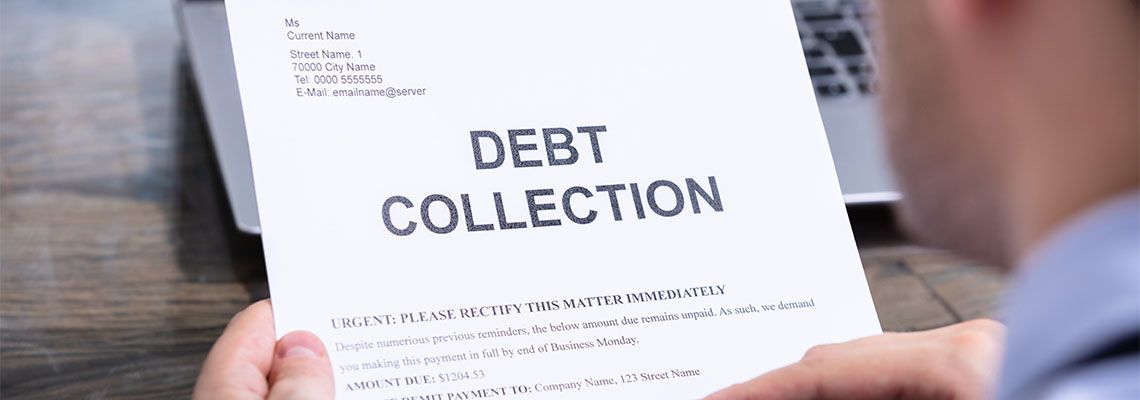
Are Heirs Responsible for Their Loved-One’s Debts?
If you’ve just lost a loved one and that person has left behind unpaid debt obligations, can those creditors come after you as a relative or heir to pay off the balance? The answer isn’t quite black and white, so keep on reading (or contact the Law Offices of David W. Wilcox) to understand the legal implications of your specific situation.
To start, it’s important to know that the decedent’s (person who passed away) estate is responsible for settling all debts before beneficiaries can receive whatever was promised them. Or, if there was no last will and testament, the probate court will determine the distribution of assets, which generally follows the rules of intestate succession.
If you’ve lost a loved one in or around Bradenton, Florida, and have questions and concerns about the probate and estate administration process, and are worried about the debts of the decedent, place your trust in the Law Offices of David W. Wilcox.
Attorney Wilcox has over three decades of experience in helping others with probate and estate administration and can address all your concerns and help oversee the process so that it goes smoothly and successfully. In addition to Bradenton, we serve clients throughout Manatee County and Sarasota County.
Do Debts Go Away After a Person Passes Away?
Debts do not die with the debtor. They pass on to the decedent’s estate, whether the person died with a will or died without one (which is called dying intestate). With or without a will, the estate will generally have to go through probate proceedings in court.
If there is a will, the individual named as the testator’s personal representative will become the executor of the estate. If there is no will, the court will appoint an executor, often from among family members. Either way, the executor will be the one honoring any outstanding debts, as detailed below.
Estate Administration in Florida
In Florida, there are three types of estate administration after a person passes away: formal administration, summary administration, and disposition without administration.
Formal administration is the most recognizable form of probate, which is done under court supervision. Summary administration is for estates valued at less than $75,000, and though it must meet all debt obligations, it is largely conducted outside of a court setting. Disposition without administration is only for estates that basically have no assets that can be sold or seized to pay debtors.
In formal administration, under Florida Statutes Section 733.2121, the executor must publish notices of the decedent’s death for two consecutive weeks in a newspaper in the county where the estate is being administered, or in a paper that circulates in that county. The Notice to Creditors must include pertinent information, including:
The decedent’s full legal name.
The court in which the case is being filed and its address.
The file number for the case.
The executor’s name, address, and contact information.
The executor’s attorney’s name, address, and contact information.
A statement indicating that creditors must make their claims within the time frame specified by Florida Statutes 733.702 and 733.710.
The executor should also have all mail of the decedent forwarded to him or her so that any billing, credit card, and banking information can be culled to identify who is owed money. The executor should also establish a bank account for the estate and move all cash from the decedent’s estate into that account. That account can be used to pay final taxes and also to honor any outstanding debts. If there is not enough cash, then the executor must sell off assets to meet obligations.
Is Anyone Else Responsible for a Deceased Relative’s Debts?
If the estate doesn’t have enough cash or assets to cover all obligations, the creditors are pretty much out of luck, except for a couple of exceptions.
One exception is that of another family member who co-signed for a credit card or other obligation. The co-signer can be held liable. Another exception is if you co-owned something with the decedent, for instance, real property like a home or a car. You would be expected to continue making the payments.
Another exception is if the executor fails to faithfully carry out all assigned tasks and willfully doesn’t pay creditors. In that case, the creditors can go after the executor personally for what’s owed.
What if a Debt Collector Harasses a Relative?
Generally, creditors must adhere to the estate administration process, but that doesn’t stop them from coming after family members to try to collect. Except for the circumstances mentioned above, heirs are not responsible for their deceased relative’s debts. In addition, under terms of the federal Fair Debt Collection Practices Act (FDCPA), creditors can only contact people if they have one of the following relationships with the decedent:
spouse
parents of a minor
legal guardian
attorney
executor, administrator, or personal representative empowered to pay debts from the decedent’s estate
confirmed successor in interest, (someone a mortgage servicer has confirmed as a new owner of the deceased person’s real estate)
If you satisfy one of these categories, you have rights. Creditors cannot call before 8 a.m. or after 9 p.m., or call you at work, or email or text message you if you tell them to stop. The creditor must also give you “validation information,” which provides details of the debt and spells out your rights to dispute it.
Understand Your Rights and Options
If a loved one has recently passed away, and you have questions or concerns about what happens next, contact the Law Offices of David W. Wilcox. Attorney Wilcox is well-versed in Florida estate planning and administration matters. He will guide you throughout the probate process and protect your rights and interests. Reach out if you’re in or near Bradenton, Florida.
